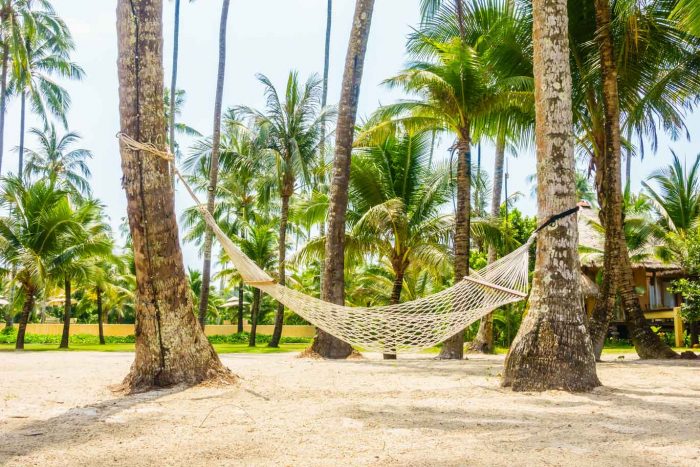Founded in 1990, Inca is the manufacturer and exporter of Hammocks & Accessories.
Rope Hammocks
- Cotton Rope Hammock
- Polyester Rope Hammock
Fabric Hammocks
- Single Layer Fabric Hammock
- Quilted Hammock
- Basket Weave Hammock
- Textelene Hammock
- Crochet Hammock
Swings
- Rope Swing
- Fabric Swing
- Butterfly Swing
- Sky Swing
- Safari Swing
- Cushion Swing
- Quilted Swing
- Airmesh Swing
- Adult Leisure Chair
- Macrame Swing
South American Styles
- Brazilian Fabric Hammocks and Swings
- Mexican Rope Hammocks and Swings
- Organic Cotton Hammocks and Swings
Metal Stands and Accessories
- 15 Ft Stands
- 12 Ft Stands
- Swing Stands
- Hooks, Swivels, Tree Straps, Braided Tree Cord and Chain Links
- Garden Tray and Log Rack
Inca Hammock Manufacturing And Export Private Limited
Manufacturer and exporter of Hammocks & Accessories
D.S Bhatt (Managing Director)
Survey No. 10/1, B2, 11/6 & 9/7B,
Nedungundram Village, Near Ramanujar College,
Vandalur, Chennai-600127,
Tamil Nadu, India
+91 98400 20270
A hammock (from Spanish hamaca, borrowed from Taíno and Arawak hamaka) is a sling made of fabric, rope, or netting, suspended between two or more points, used for swinging, sleeping, or resting. It normally consists of one or more cloth panels, or a woven network of twine or thin rope stretched with ropes between two firm anchor points such as trees or posts. Hammocks were developed by native inhabitants of the Americas for sleeping, as well as the English.[1] Later, they were used aboard ships by sailors to enable comfort and maximize available space, and by explorers or soldiers travelling in wooded regions. Eventually, in the 1920s, parents throughout North America used fabric hammocks to contain babies just learning to crawl. Today they are popular around the world for relaxation; they are also used as a lightweight bed on camping trips. The hammock is often seen as a symbol of summer, leisure, relaxation and simple, easy living.
The word hammock comes, via Spanish, from a Taíno culture Arawakan word meaning “stretch of cloth” from the Arawak root -maka.[2] The Amerindian origin of the word was often obscured in English-language sources from the late 18th century onward. Samuel Johnson claimed that it was of Saxon origin,[3] but his etymology was soon debunked.[4] Hamaka was meaningfully transformed into modern German Hängematte, Swedish Hängmatta and Dutch Hangmat, and calqued from Swedish into Finnish riippumatto (all literally hanging mat).
https://en.wikipedia.org/wiki/Hammock
